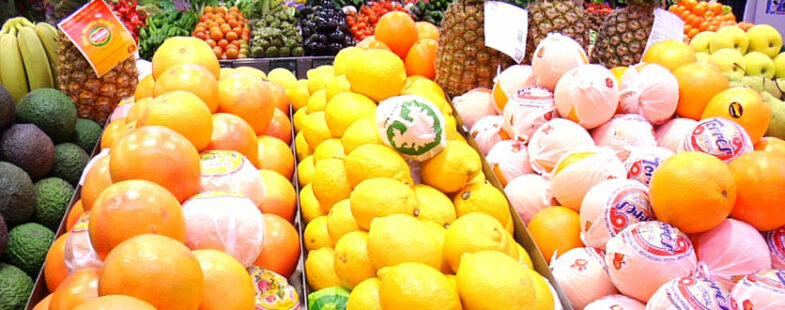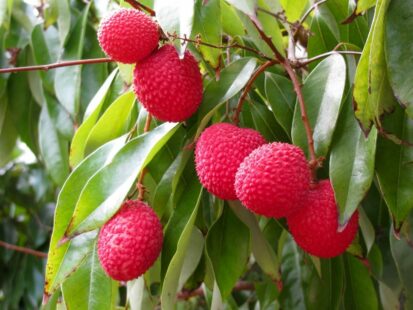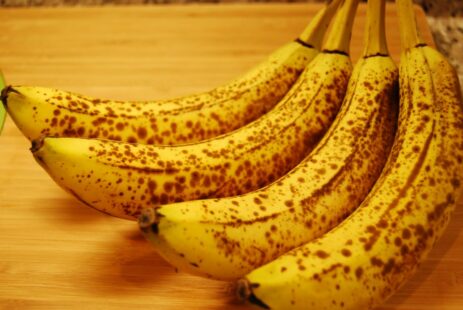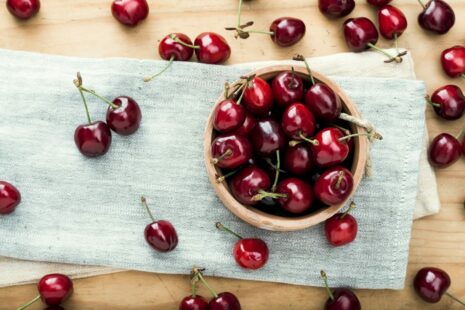June 24, 2024 • orchardtech_qt32n4

Banner Image
MANDATORY COLD TREATMENT CAUSING FRUIT LOSS WHILE PACKAGING
MANDATORY COLD TREATMENT CAUSING FRUIT LOSS WHILE PACKAGING 2022-07-14
Agriculture Australia Farming
MANDATORY COLD TREATMENT CAUSING FRUIT LOSS WHILE PACKAGING
Article by: Hari Yellina
Since a few weeks ago, Global Fruit Point GmbH has received an abundance of South African citrus. This importer from Europe has operations in Rotterdam, the Netherlands, and in Germany. Early in May, the first South African grapefruit arrived; today, the whole range of South African citrus is offered. However, current legislation has mandated cold treatments. According to supply chain manager at the Rotterdam facility Danny de Leeuw, this cast a shadow over the season’s overall strong start. Early in May, Red Star Ruby grapefruit began its season. These need to continue until October. Large volumes of grapefruit typically arrive quickly, typically in the first half of the citrus season. Although South African grapefruit isn’t our main product, Danny says it’s an interesting product whose volumes have been gradually rising each year in recent years.
Additionally, the mandarin season has been in full force for a few weeks, with mainly Satsumas being loaded, according to him. “We receive 60% of our Satsumas in 15kg boxes, which we later repack into nets. We also receive 7kg boxes. These are sent straight to shops in Belgium, the Netherlands, and Germany. Satsumas are currently being replaced on the range by Clemenules, Nadorcott, and Nova. These should be available until late September or early October. Fruit imports from abroad are already hampered by exorbitant sea freight costs and lengthy transit periods. Citrus from South Africa must now be treated against the common cold, which is another hassle. Danny gives the example of grapefruit. Grapefruit usually arrives at 8 to 9 °C.
“Now, that’s only 1°C due to the new regulation. As a result, we can store grapefruit for a shorter period of time and must pack them carefully due to pitting issues. Fruit is getting lost during packing, which is obviously very harmful, adds Danny. The same conclusion was reached after Chris-Bosman Smit, a quality officer at Global Fruit Point, recently visited many South African producers. “They anticipate strong volume this year, but with high shipping expenses and inflation-related charges. Additionally, Class II fruit will probably not have much of a market. Then there are the problems with treating colds.
Additionally, there are power and water problems in a number of developing countries. Due to the latter, people are forced to utilise diesel generators because they are unable to use electricity at specific times of the day. Diesel is a significant expense item because, as we all know, it isn’t exactly cheap either. Growers are typically optimistic despite the numerous difficulties, says Chris-Bosman.

According to legend, the first lychee tree was planted over 200 years ago in the Thanh Ha District of Hai Duong Province, Vietnam. Mr. Hoang Van Com, a fruit and vegetable trader, returned from one of his business visits with seedlings from the tree. He placed the seedlings, and because the climate in the area […]
Read More →
The banana freckle infestation has now spread to two more residences in the Northern Territory. The NT Government’s biosecurity authorities say there have now been three positive cases of the disease from three different sites. All of them are located in the Batchelor-Rum Jungle region, about 100 kilometres south of Darwin. Whether the proposal to […]
Read More →
The Turkish cherry harvesting season has only a few more weeks left. One exporter claims that despite decreasing demand in Europe, they have managed to outperform their rivals in California. Due to the problems in Europe, Russia was also a successful market for Turkish cherries. The cherry season is almost ended, but Coskun Eren, marketing […]
Read More →